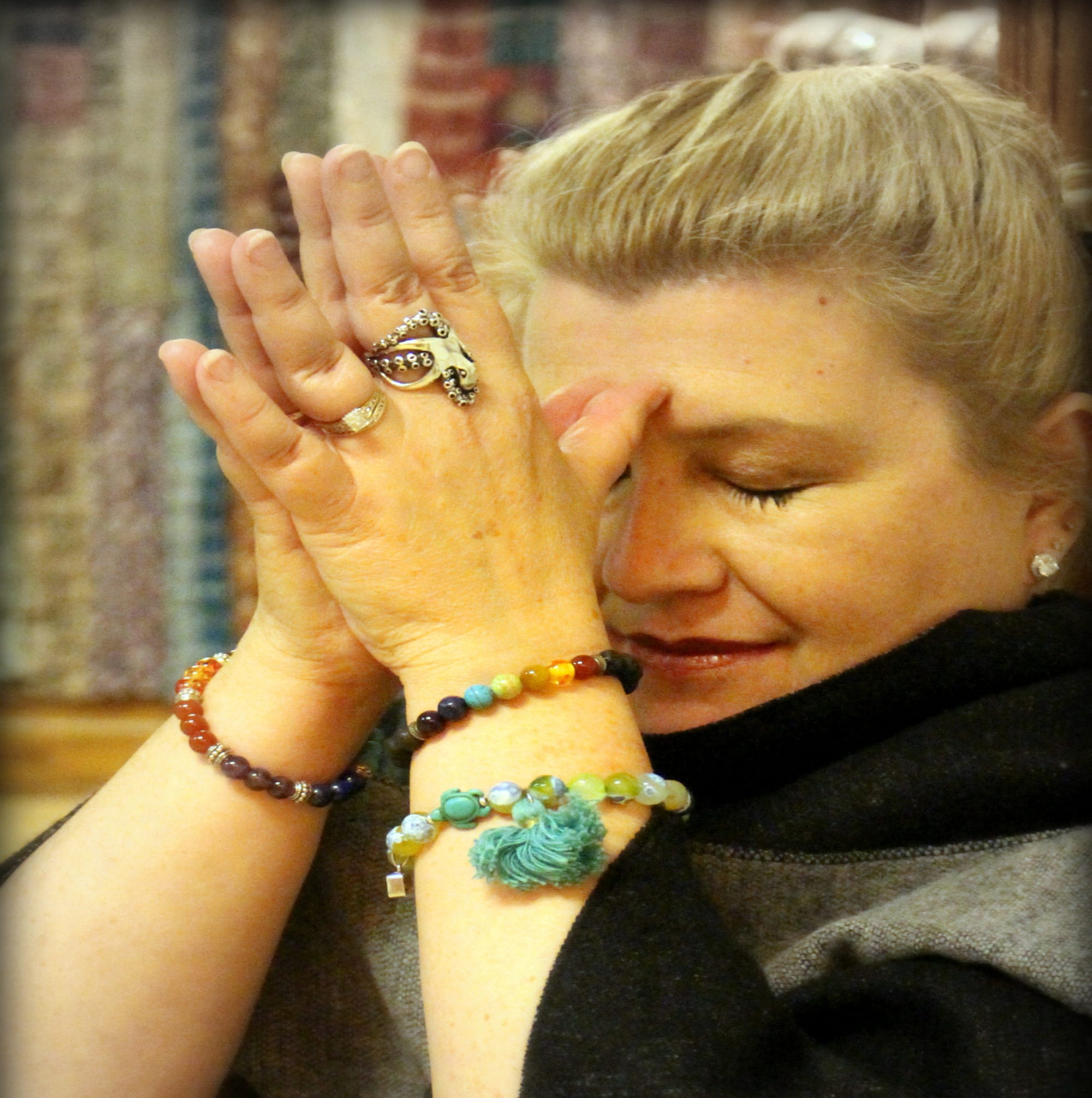I was having a very enjoyable conversation yesterday with some good friends and the focus of the discussion turned towards how to be more body positive. I thought it might be good to share here my contribution to that conversation.
I’ve worked to improve my relationship with my body for a long time. There was a time when it wasn’t very good. During this time, if I looked in the mirror, a store window or a picture of myself, my mind started chanting negative comments about the size and shape of my body and I looked away as quickly as possible. Ironically, during that time, my body looked more like our current society’s ideal and I certainly wished I appreciated my body more at the time!
As the saying goes, “it’s never too late and you are never too old”, so right now is as good a time as any to begin or deepen an improved relationship between the body and the mind. What I’m about to share isn’t necessarily in any particular order that I followed to get to a better place and is drawn from a lot of different teachings. It’s a stew with a lot of ingredients to be sure.
In yesterday’s conversation, my first comment was recalling a quote from Oprah Winfrey that I heard a long time ago that really stuck with me: “This is going to be harder some days than others, but on any given day, your body gives you what it has—and you just have to do the best you can with that.” Our body is always doing its best for us. ALWAYS. No matter what we do to ourselves, the body keeps showing up for us, until it can’t after we push things too far for too long. Despite what our mind my tell us — especially those of us that have wanted our body to be different than it is — our body is not our opponent. If your mind has been or is hypercritical of your body, it’s time to acknowledge all that your body does for you. Focus on what’s going well. Express gratitude and appreciation for what you have regarding the body as it is today.
Furthermore, reflect on what is important in life — as one of my teachers, Shannon Paige Kenney, has said on more than one occasion: “being able to do a headstand does not make you a good person.” Nor does having a perfect body for that matter. In my book, being a “good” person has to do with kindness, compassion, and thoughtfulness towards myself and others. Taking care of my body is part of being kind towards myself. Self care is important. What isn’t important is spending time judging myself because of what my body can and can’t do and how it looks. And, I would rather be thought of and remembered for being kind than being a size 4.
As you get older, it becomes clearer that the mind needs to take a back seat to what the body needs. When I was younger, my mind was in hot pursuit of “getting somewhere” in life. There were a lot of “somewheres”: career, relationship, financial goals, etc. My mind was running the show and my mind’s understanding was that the body was to be a servant to the mind’s desires, both the healthy ones and the unhealthy ones. That worked until I got to “a certain age” when it became clear that my body could no longer keep up. My body kept sending me signals to pay attention. When the signals became strong enough and hard for my mind to ignore, my mind became willing to listen. More importantly, my mind came to see that it is better to be in service to the body.
Letting the body guide the mind is part of practicing Intuitive Self Care — a foundational aspect to the model espoused by The Body Positive, the organization through which I am licensed as a trained facilitator. Using the body as a guide for the mind regarding our self care, we create and maintain an ongoing dialogue about what serves the body the best at any given time. It means checking in with yourself frequently. It means balancing things out as you go along.
Note that when referring to Intuitive Self Care, it is phrased as “practicing” — this does not mean being perfect. Even after a long time of practicing, there will still be “mistakes”. Making missteps should not turn into the new platform for judgement and harsh self talk. What I have learned from studying Internal Family Systems with Everett Considine, is in these times, instead of shaming ourselves, get curious about it. What can we learn? How can we set ourselves up for better outcomes?
In conjunction with these guidelines, I have also found the following activities to be very helpful in supporting the path to a better relationship between the mind and body: yoga, meditation (or some type of regular quiet time all alone), keeping a gratitude journal, rest and social connection with people who lift you up. If you decide to add any of these practices to your lifestyle, consider taking them on one at a time. There is no need to overwhelm yourself.
This little blog post represents a distillation of some of my explorations in this area over the past twenty years. Of course I wished my younger self knew these things. And, yet, it has also been like a treasure hunt, finding the different pieces of completing my own puzzle. There is more to be learned and practiced, but now when I look in the mirror, a store window or a picture of myself, I don’t feel the need to look away quickly. I smile at myself.


I loved your blog! I am interested in IFS through SPT and Bright Line Eating. We need to practice, not be perfect.
Thanks, Connie! I am also a Bright Lifer!!